Would your life change if your heart rate dropped 1 million beats in a year?
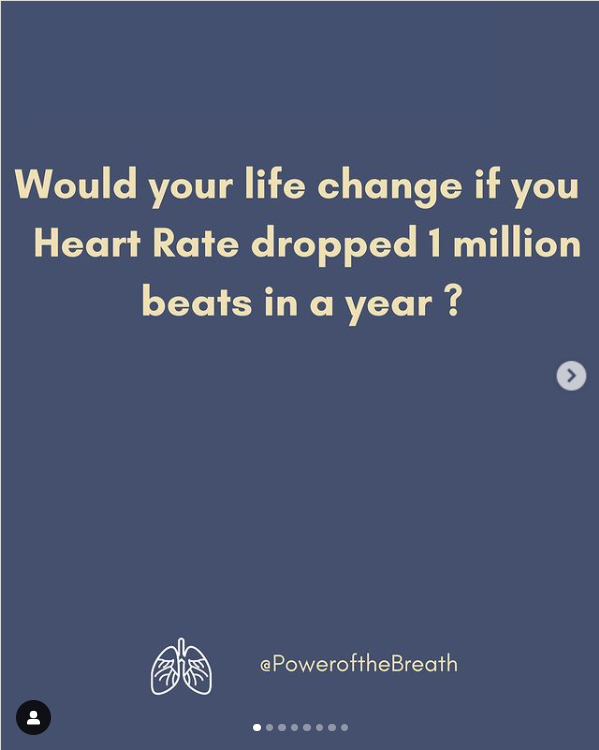

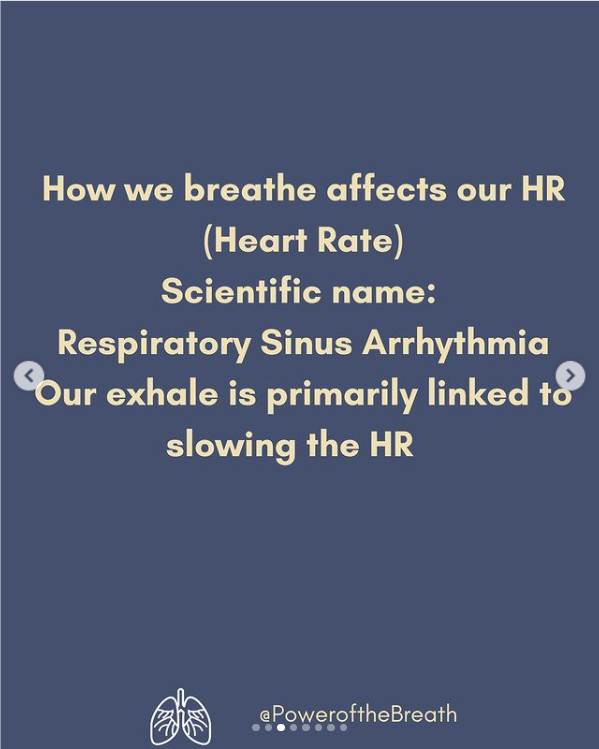
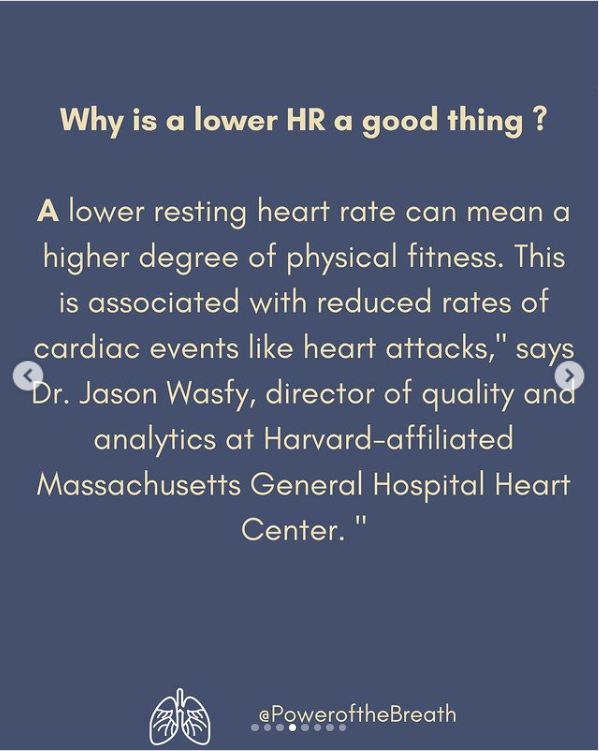
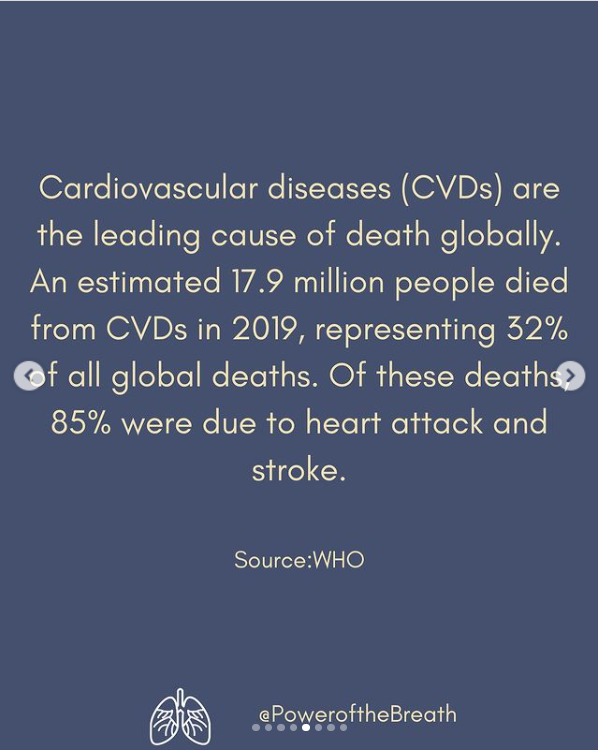
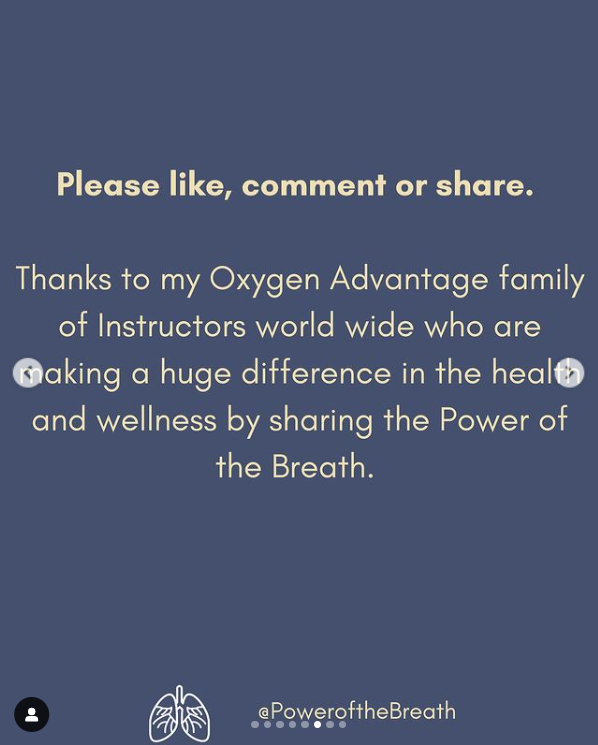
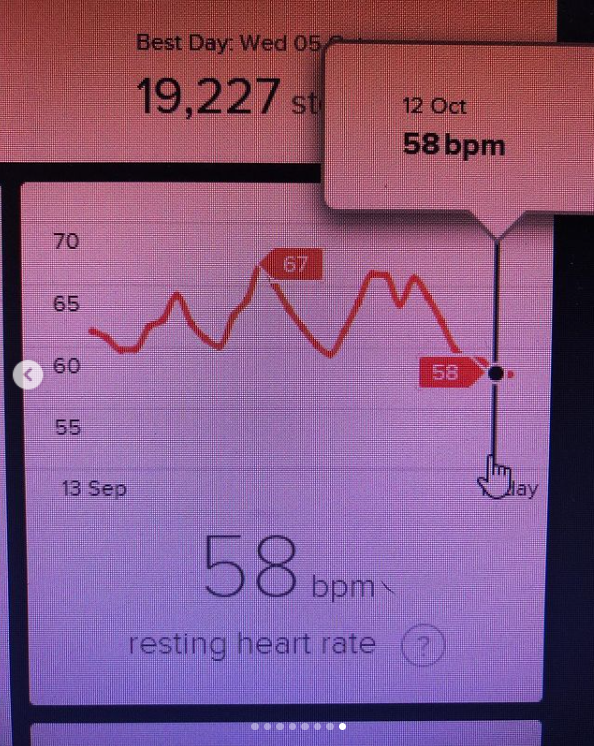
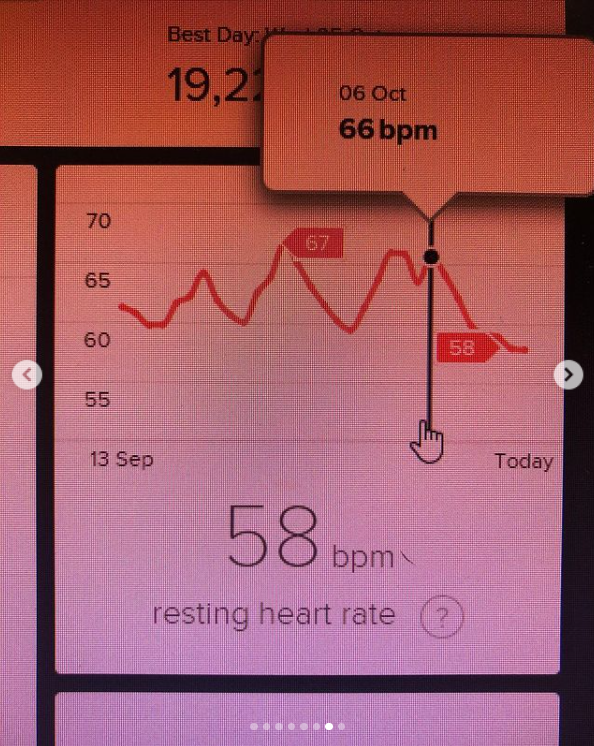
Got some data from one of our retreat guests that started wearing Myotape #Sleeptape to #sleepbetter the week before the retreat. His HR was down on average by about 5 beats per minute. In the 2 images it shows his HR dropping 10 beats per minute over the week he started wearing it.
5 beats a minute.
300 beats an hour.
2,400 beats in an 8 hour sleep.
16,800 beats in a week.
856,000 beats in a year.
If the heart slows at night with improved breathing and recovery, we hypothesis it will reach more than a million less beats a year.
How we breathe affects our HR (Heart Rate)
Scientific Name: Respiratory Sinus Arrhythmia
Our exhale is primarily linked to slowing the HR.
Why is a lower HR a good thing?
“A lower resting heart rate can mean a higher degree of physical fitness. This is associated with reduced rates of cardiac events like heart attacks,” says Dr. Jason Wasfy, director of quality and analytics at Harvard-affiliated Massachusetts General Hospital Heart Center.
Cardiovascular diseases (CVDs) are the leading cause of death globally. An estimated 17.9 million people died from CVDs in 2019, representing 32% of all global deaths. Of these deaths, 85% were due to heart attack and stroke. Source: WHO
